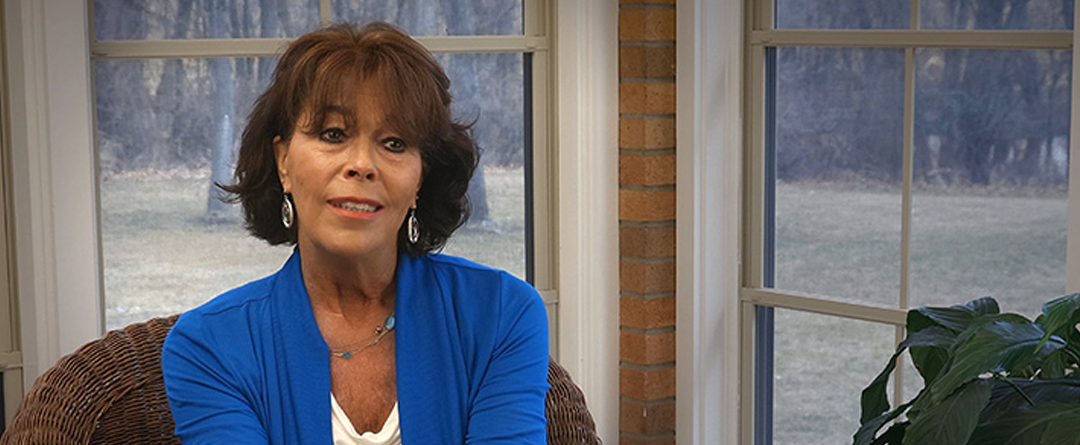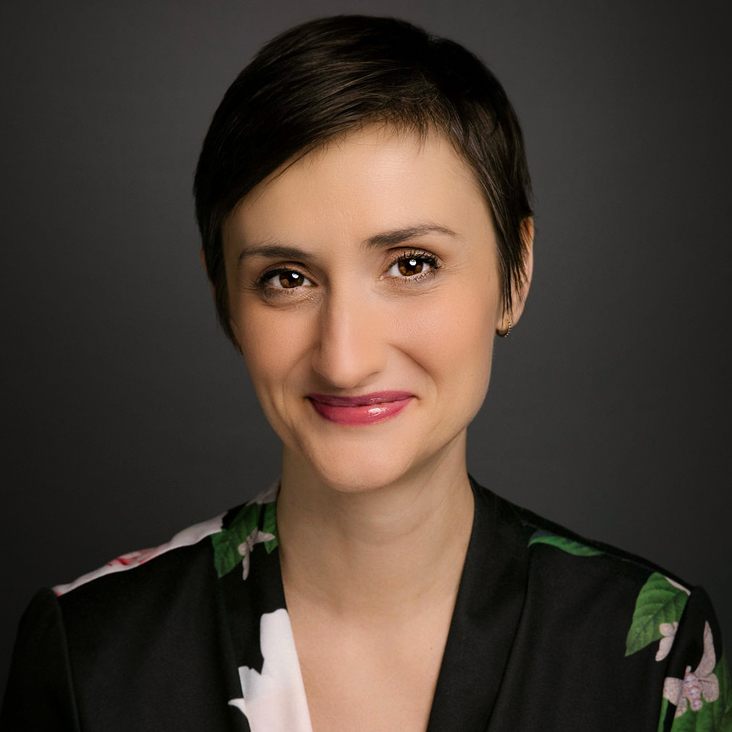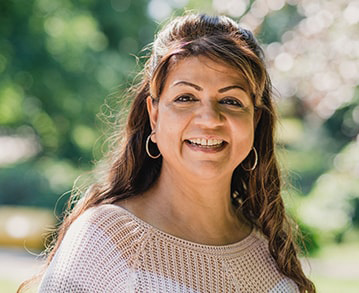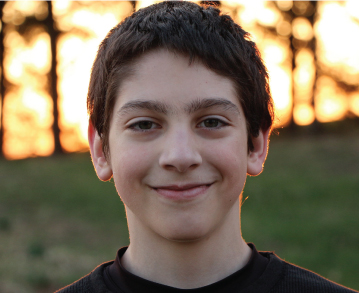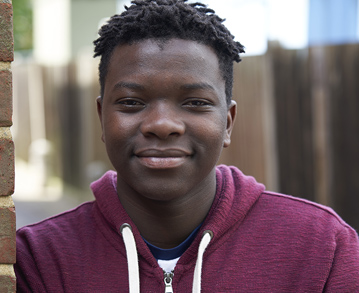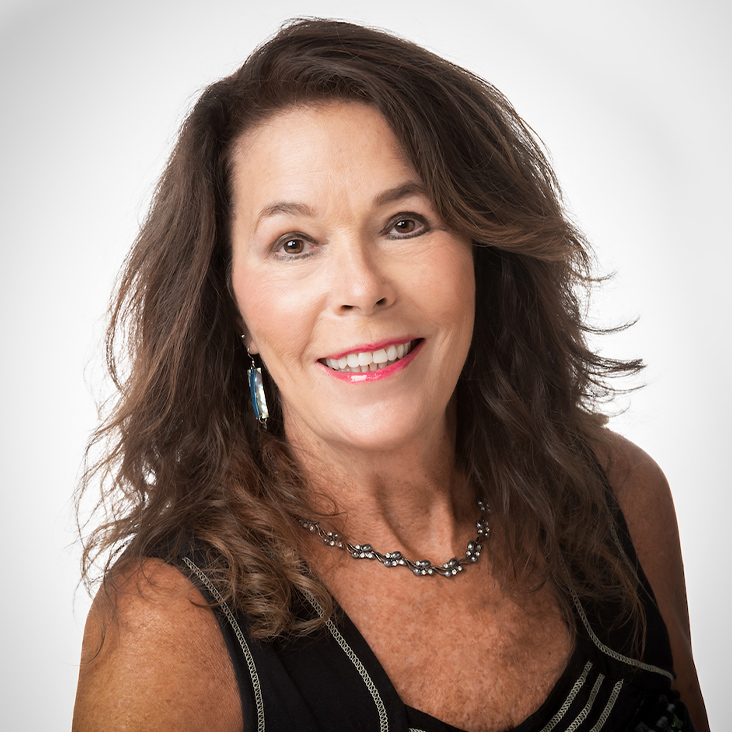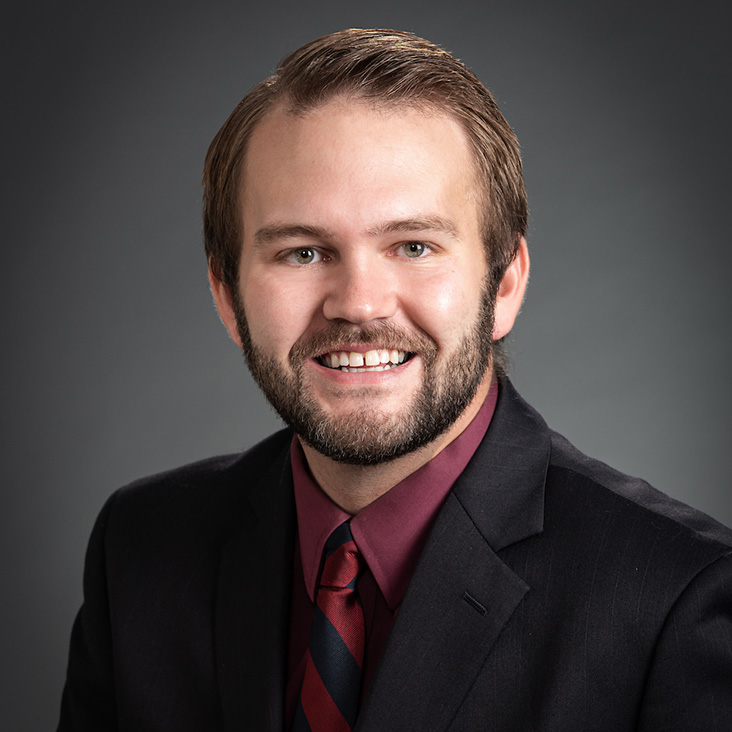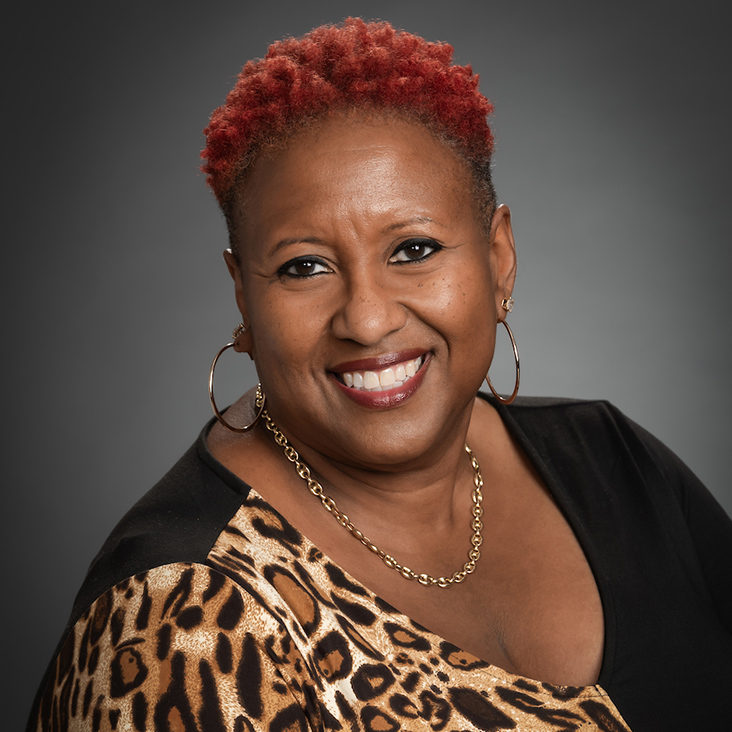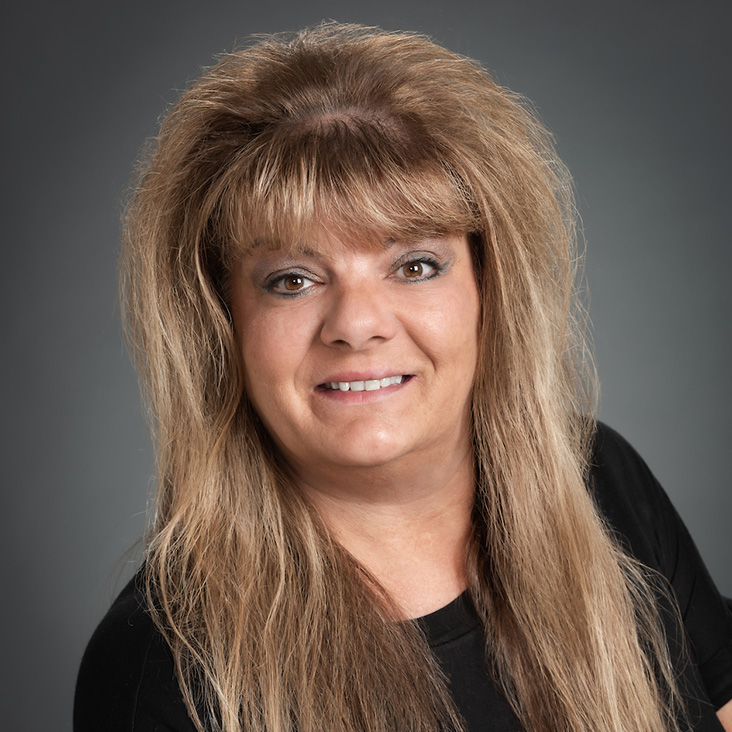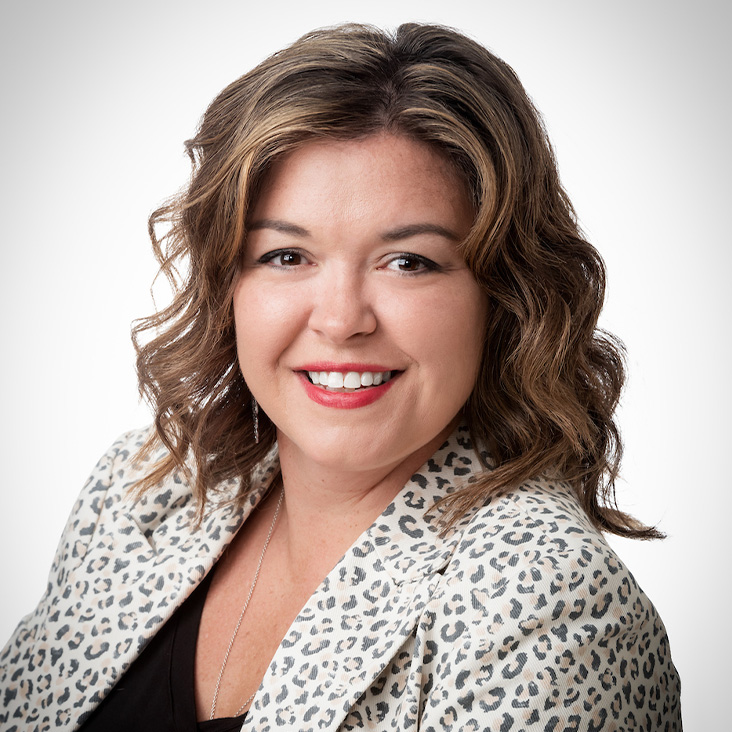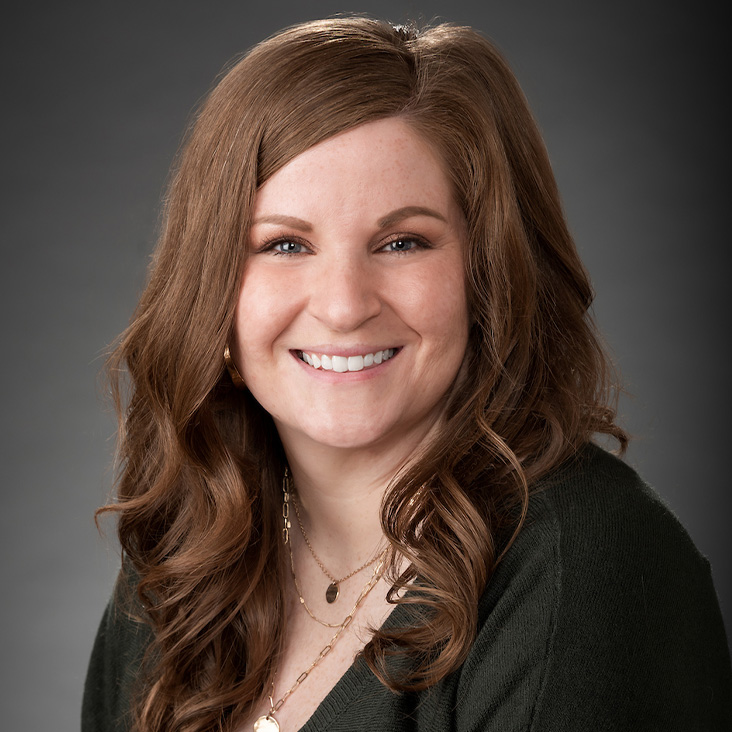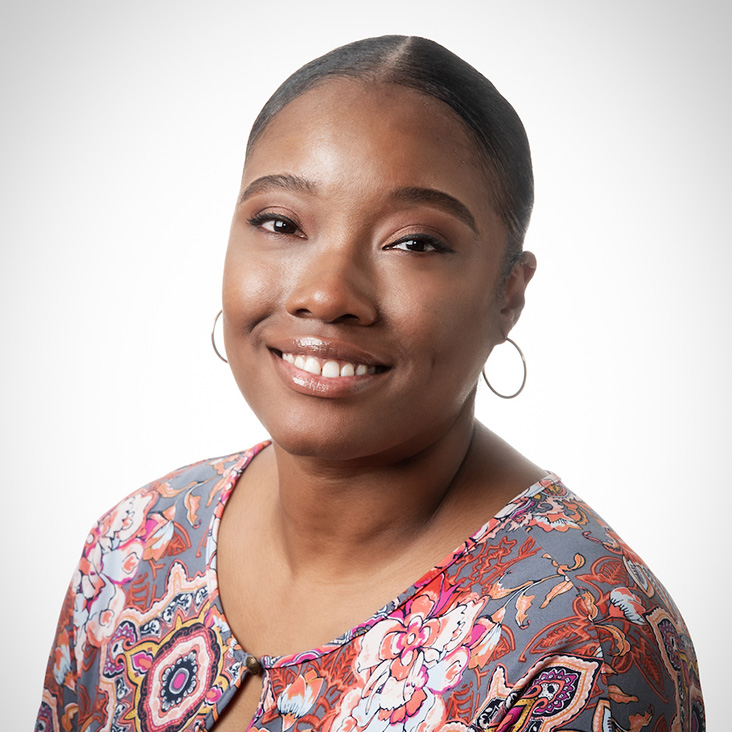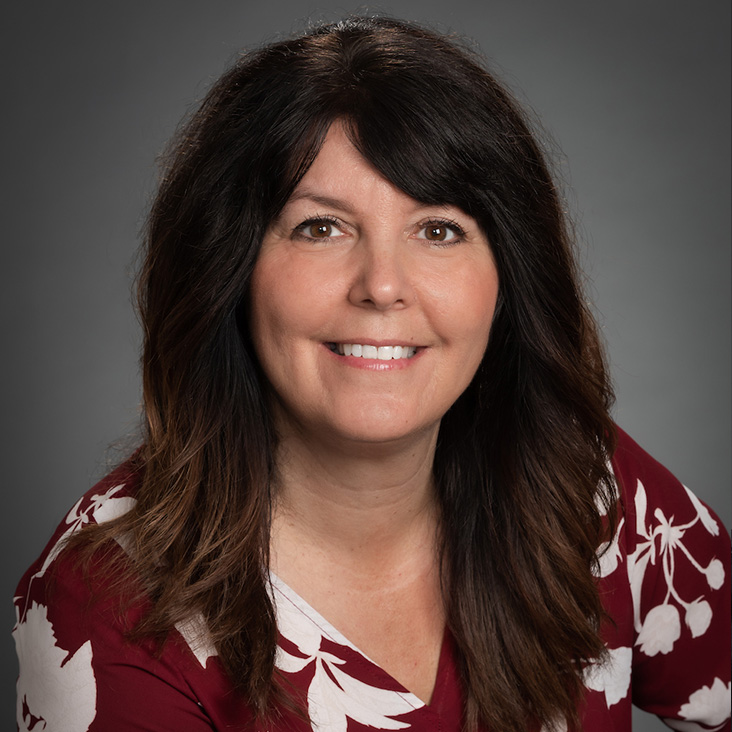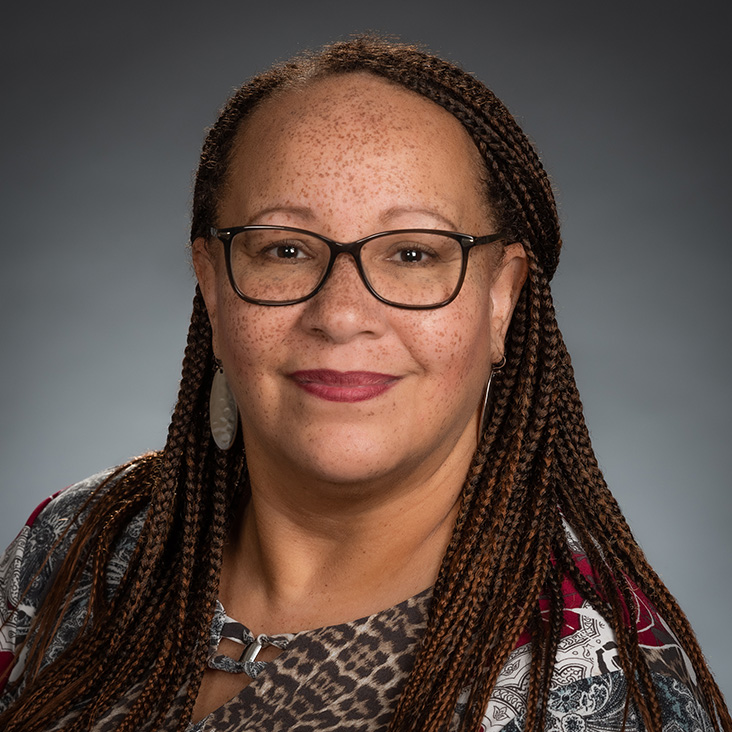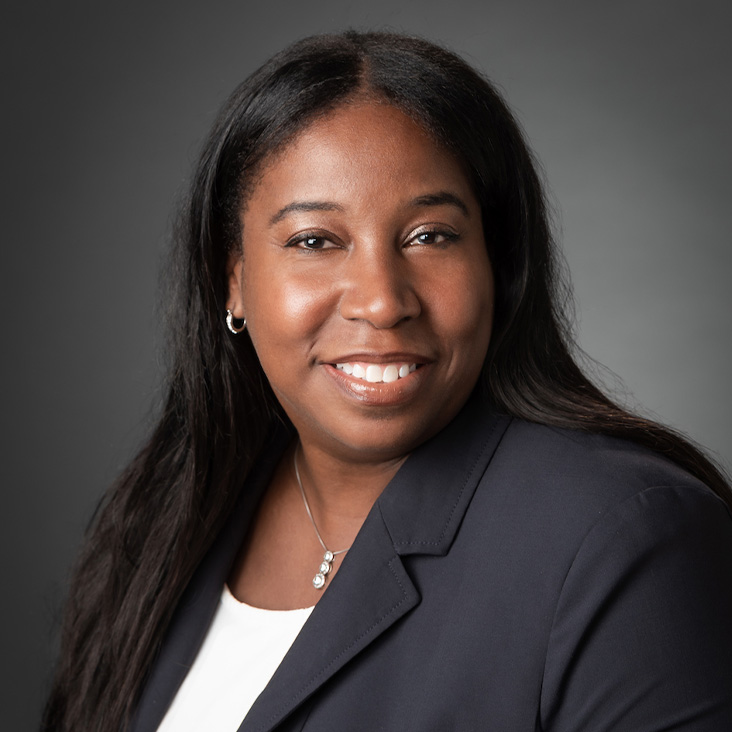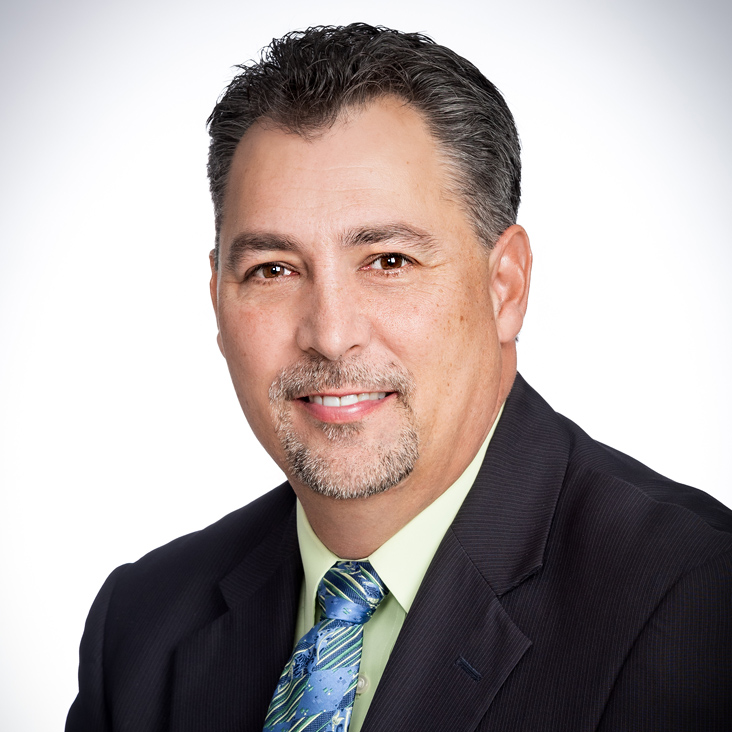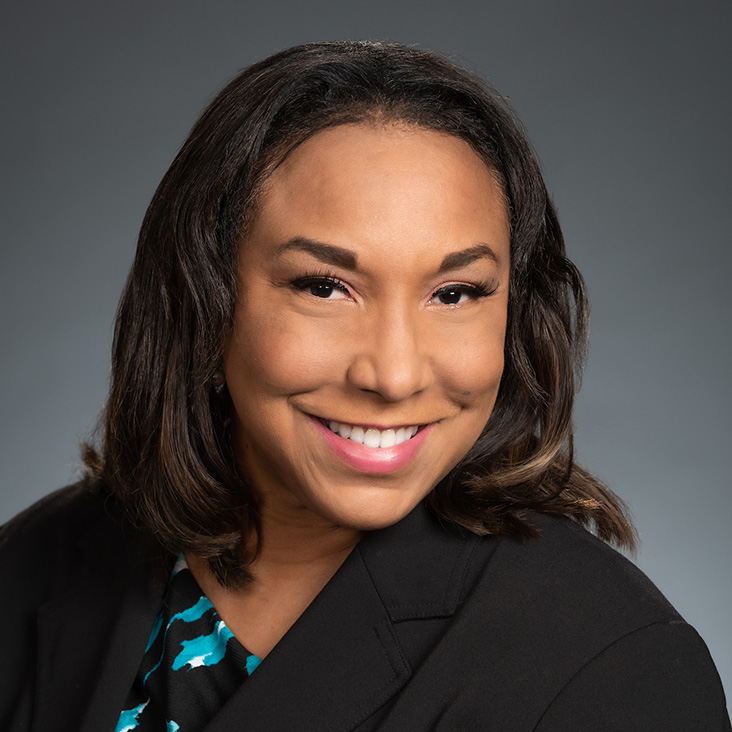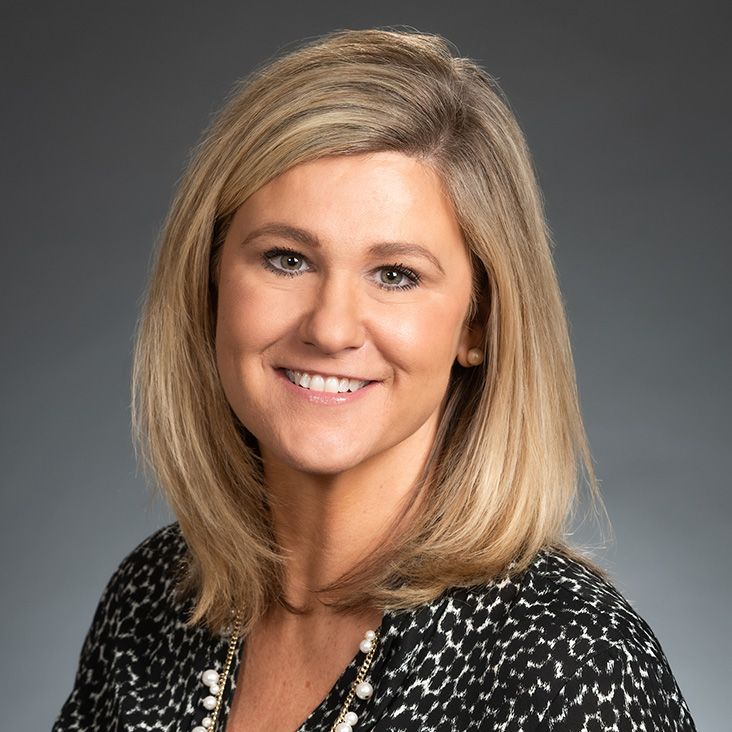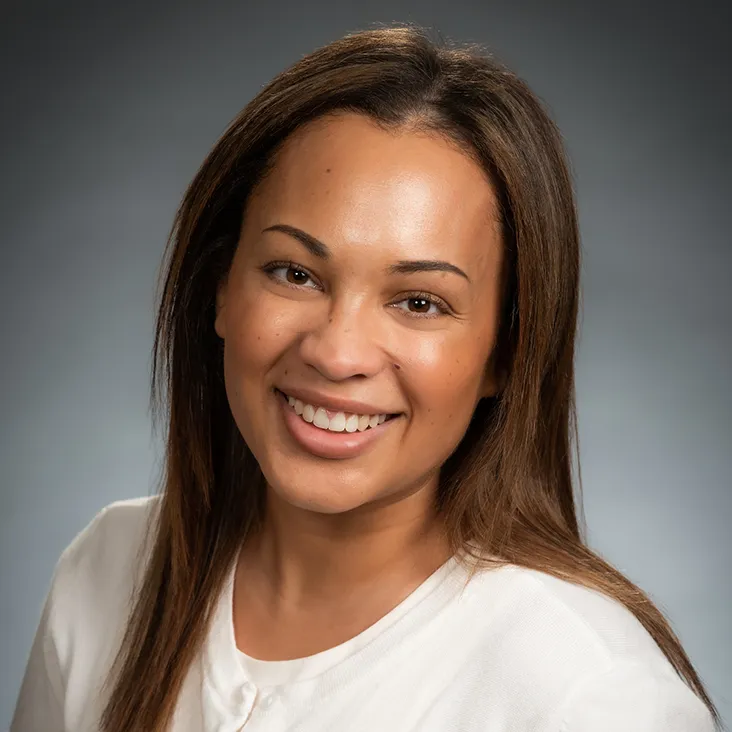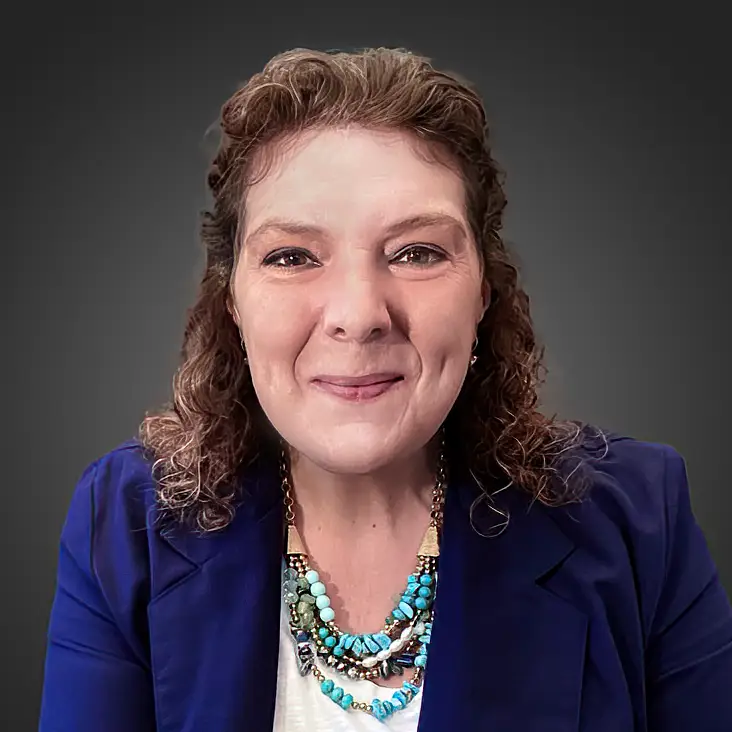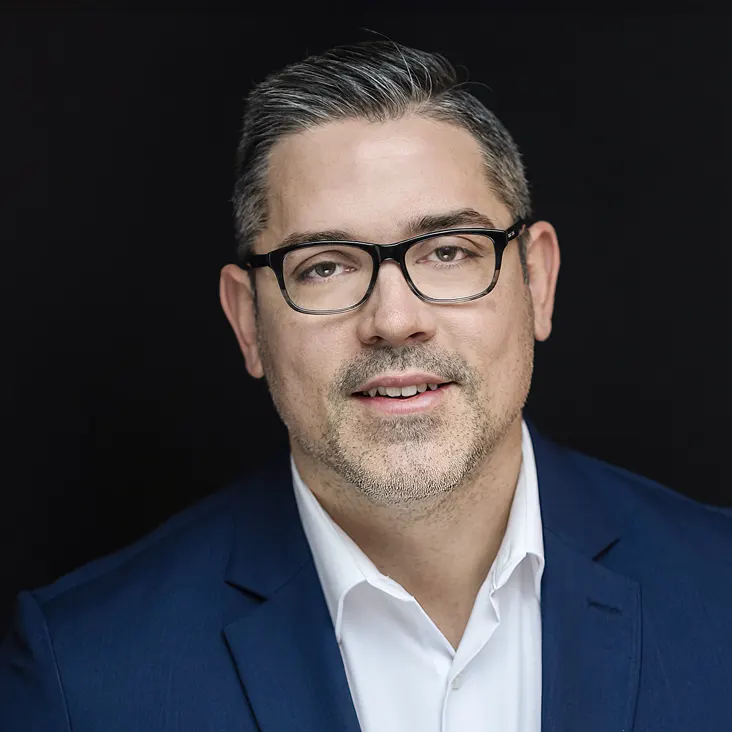Holy Cross Services’ leader lives the mission
Sometimes it is the smallest people who teach us the biggest lessons.
Sharon Berkobien sees this happen every day.
“I’ve just learned a tremendous amount about resiliency and what that takes,” she says.
“About what people can actually survive and go through and come out the other side.”
This lived experience separates the CEO of Holy Cross Services from the leagues of corporate professionals, because she not only talks the talk when it comes to child welfare, but she has walked the walk. Many, many times.
It was a journey that began with a leap of faith more than 30 years ago, when a young couple looked at their small sons, aged just two and five.
“As we became parents for the first time, you’re really realizing the impact they have on you and you have on them.”
Sharon’s husband of 41 years, Scott, was interning as part of his social work degree at Child Protective Services, working with children who had been separated from their families, and with teens no one wanted to take in.
“The more we thought about it, the more we thought, we can’t just talk about how terrible it is,” says Sharon.
“You’re either doing something about it to help make change or, in some ways, you’re part of the problem.”
The gift of stability
The couple applied for a foster care licence and began taking in children from Holy Cross Services. First one. Then two. Then three. And over the following years Sharon and Scott would raise 22 foster children, opening their home and their hearts to kids who just needed someone to care.
“I’ve heard some people say, ‘Oh I could never be a foster parent because it would hurt too much when they leave’. And the reality is, it’s going to hurt,” admits Sharon.
“But it’s supposed to hurt. Because if you care deeply and you love deeply then the loss is great. But that’s not necessarily a bad thing. If you’re able to make a difference in the life of the child, even temporarily for right now, if you’re able to do something to help them stabilize and realize how valuable they are right now, you’ve just given them a tremendous gift. So, you’ve got to look at what you’re doing as being part of the solution rather than looking for the reasons not to do things.”
Part of the solution
The more children Sharon took in, the more she realized how broken the existing child welfare system was.
Once again, she decided to be part of the solution, by working with kids in residential care at Holy Cross, who she says had often been through 30 foster homes and just needed help to stabilize enough to either go back home or find a forever family.
“They’re going to expect you to give up on them as soon as they do something wrong…
Why?
Because it’s happened to them over and over and over again.”
“They work in our programs and they start seeing consistency,” says Sharon.
“They know that food’s going to be there every day, they don’t have to worry about that. They’re surrounded by people who care about them and love them and listen to them and think that they’re special and value them. But also, can hold them accountable and be consistent…They find out all these other strengths and abilities that they have that were just repressed due to the trauma and abuse and neglect.”
Sharon is continuously amazed by how quickly the children stabilize once they’re at Holy Cross. Within months they’re no longer bouncing off the walls, she says. They’re doing better in school and are just wonderful kids thanks to the consistency Holy Cross can finally provide.
Children getting younger
One thing that has not remained consistent, however, is the age of children coming to Holy Cross Services. Sharon says the average age of kids entering residential services at Holy Cross used to be 15. She says now the children arriving with tremendous amounts of trauma from abuse and neglect are getting younger and younger.
“More and more calls we get in are for six-, seven-, eight- and nine-year-olds,” she says.
“These are kids who are not making in the community. Their behaviors are so off the charts that they’re notmaking it in the schools, are not making in foster homes; they’re being bounced and bounced and bounced and they’re just little kids.”
Sharon says the children come from all over the State of Michigan, from every county, every demographic and every walk of life. What they all share, however, is the trauma of repeated losses, of being bounced from family to family or person to person, where they’ve often witnessed domestic violence and abuse, among other things. That is why, she says, that it’s not important that foster homes be wealthy, only that they be rich in compassion and understanding.
“Realize they’re going to have problems. They’re going to struggle with holidays, they’re going to struggle with all those things that are normal parts of life because they’re going to expect you to give up on them as soon as they do something wrong…Why? Because it’s happened to them over and over and over again. So, the biggest thing I think you can do is is to be a person who is resilient, be able to bounce back and stand strong. Stick with them. Don’t let it happen where that bad thing happens, and they’re out. Because then you’re just re-traumatizing them again.”
Bringers of hope
Sharon says there is training through Holy Cross Services to help prepare foster families to deal with such situations. She says staff at Holy Cross Services continue to amaze her with the commitment they show to serving some of the most vulnerable children in Michigan.
“The type of work that they’re doing is something you can be proud of, for sure. I know I am.”
She knows, though, that this line of work isn’t for everyone, and takes a special kind of person. Sharon says those who see working with people who are struggling as a mission, tend to stay and give Holy Cross all they’ve got.
“This is about helping people and changing lives.
You don’t just check in and check out for that.”
“This is about helping people and changing lives,” she says. “You don’t just check in and check out for that.”
In order to bring hope into people’s lives, Sharon says, you need to be the kind of person who is hopeful and can see a way forward for those who turn to Holy Cross Services for help and guidance.
“I need people who are bringers of hope.”
She says she also looks for people who don’t hold grudges, who will treat others how they would like to be treated in return.
“Be peoples of mercy,” she says. “People who can demonstrate to our clients the value that comes from inside. Of what it is to be caring and loving and loving your neighbor and loving other people.”
Treating the whole family
Sharon says that while she began helping children, she has come to recognize that when you are trying to help one part of a family, you need to often help the whole family. That can mean parents, grandparents and more. It is that holistic approach to child welfare that has informed the evolution of Holy Cross Services. What began in 1948 as an organization primarily focused on “wayward teens”, is now a statewide charity with multiple locations.
In addition to child welfare and residential programs for children and teens, Holy Cross also treats those with substance abuse. That level of care has since expanded to homeless services covering everything from clothing, permanent housing, and hot meals for men, women and children with a specific program from homeless veterans.
These programs, the staff, the direction and the mission of Holy Cross are led by Sharon, who started out trying to help just one child. She still believes in that original mission:
“Don’t think that you’ve got to go in and take 22 children,” she says with a laugh.
“Just take one. Just do one and change the life of one. If everybody just took one, we wouldn’t have a foster care crisis in this country. We wouldn’t. And it would just take everybody just taking one. And banding together to help one another to do it.”

